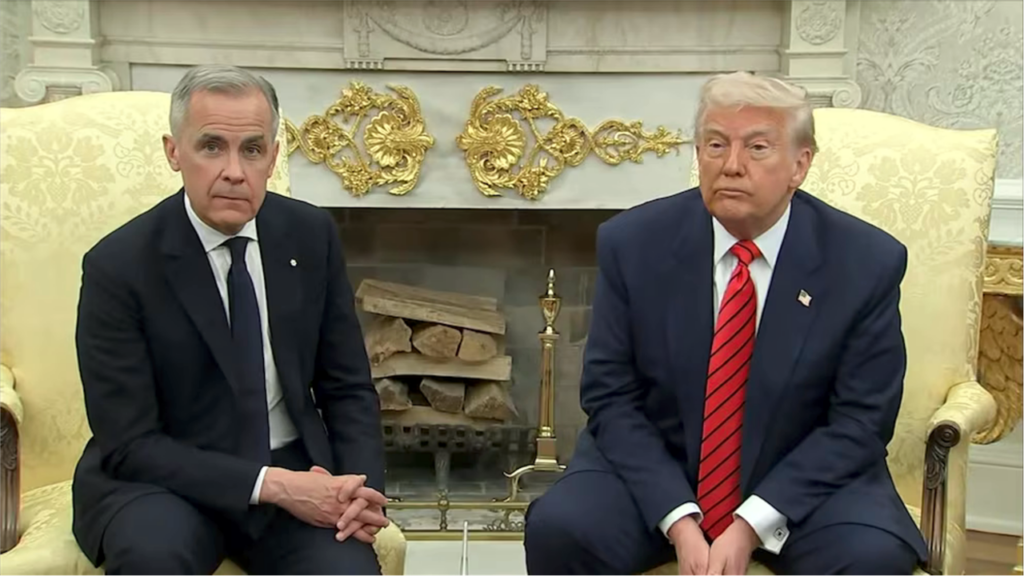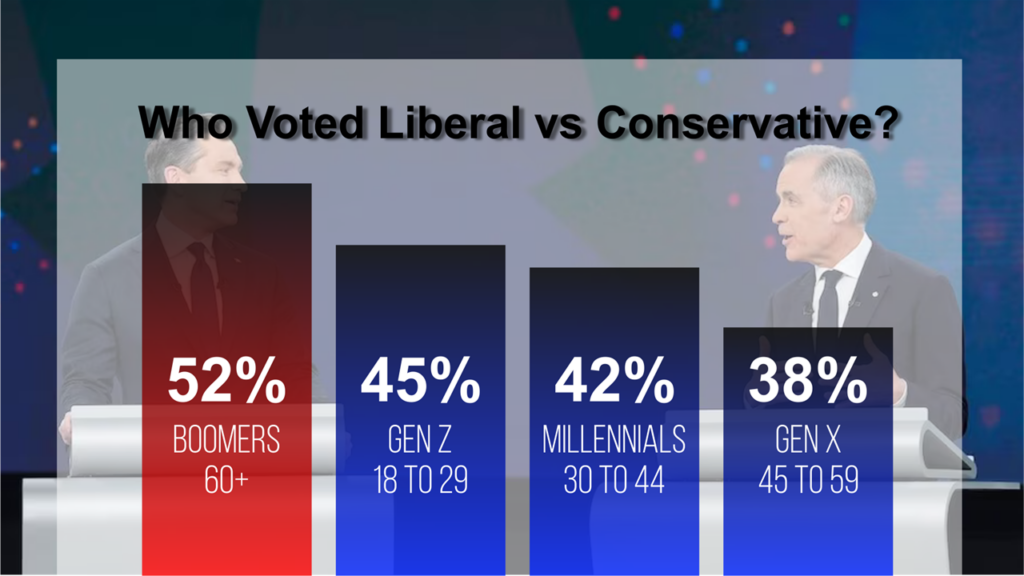Jay Bhattacharya Closes NIH’s Last Beagle Lab + More

Source: Children’s Health Defense
Jay Bhattacharya Closes NIH’s Last Beagle Lab
The National Institutes of Health (NIH) has closed the last remaining intramural beagle lab conducting painful experiments — the federal government’s largest dog lab — NIH Director Jay Bhattacharya said in a television interview Sunday.
A project at the NIH Clinical Center on “stress-induced and sepsis-induced cardiomyopathy” represented the final in-house experiments that induced pain and distress in beagles, classified under U.S. Department of Agriculture pain categories D and E. The project has now been terminated. “We got rid of all of the beagle experiments on NIH campus,” Bhattacharya said on Fox & Friends Weekend.
“It’s very easy, for instance, to cure Alzheimer’s in mice. But those things don’t translate to humans,” Bhattacharya said. “So we put forward a policy to replace animals in research with technological advances, AI and other tools, that actually translate better to human health.”
RFK Jr.’s HHS Faces Multi-State Suit for Federal Health Cuts
The U.S. Department of Health and Human Services (HHS) is facing a lawsuit from 20 attorneys general for firing health workers and cutting programs. New York, Michigan, Arizona, and others argue the Trump administration has “systematically deprived HHS of the resources necessary to do its job.”
In a Monday lawsuit filed in the U.S. District Court for the District of Rhode Island, states and the District of Columbia are pushing for an injunction to “prevent the unconstitutional and illegal dismantling” of the HHS, which they claim is already wreaking havoc on the health landscape.
The lawsuit comes amid a massive restructuring of the HHS under the Trump administration. HHS Secretary Robert F. Kennedy Jr. in March announced the reduction of the number of agencies operating under the HHS, while cutting the number of agency employees by about 10,000.
Cuts Have Eliminated More Than a Dozen US Government Health-Tracking Programs
U.S. Health Secretary Robert F. Kennedy Jr.’s motto is “ Make America Healthy Again,” but government cuts could make it harder to know if that’s happening. More than a dozen data-gathering programs that track deaths and disease appear to have been eliminated in the tornado of layoffs and proposed budget cuts rolled out in the Trump administration’s first 100 days.
The Associated Press examined draft and final budget proposals and spoke to more than a dozen current and former federal employees to determine the scope of the cuts to programs tracking basic facts about Americans’ health.
Among those terminated at the Centers for Disease Control and Prevention (CDC) were experts tracking abortions, pregnancies, job-related injuries, lead poisonings, sexual violence and youth smoking, the AP found. “If you don’t have staff, the program is gone,” said Patrick Breysse, who used to oversee the CDC’s environmental health programs.
HHS Touts Universal Flu, Coronavirus Vaccine Initiative While Casting Doubt on Future of Seasonal Covid-19 Shots
The U.S. Department of Health and Human Services (HHS) said Thursday that it aims to accomplish within four years a scientific feat that hasn’t been achieved for the past 45: the development of a universal flu vaccine that could protect against multiple virus strains with pandemic potential, including H5N1 avian influenza.
“Generation Gold Standard is a paradigm shift,” National Institutes of Health Director Dr. Jay Bhattacharya said in a statement on the new initiative. “It extends vaccine protection beyond strain-specific limits and prepares for flu viral threats — not just today’s, but tomorrow’s as well — using traditional vaccine technology brought into the 21st century.”
HHS said the project, being developed in-house at the National Institute of Allergy and Infectious Diseases, is targeting U.S. Food and Drug Administration approval of universal influenza vaccines in 2029, with human clinical trials scheduled to start next year. The Wall Street Journal first reported that it will be funded with $500 million from the Biomedical Advanced Research and Development Authority, a figure confirmed by a spokesperson for HHS.














